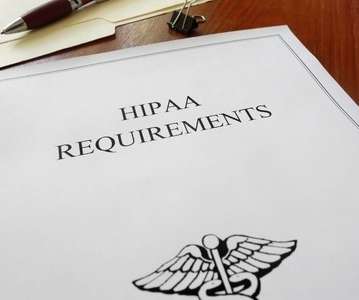RAG in Healthcare: Your Complete Guide to Its Implementation
Arkenea
JUNE 23, 2025
Phase 1: Assessment and Planning (Months 1-2) Current State Analysis : Begin with a comprehensive assessment of your organization’s existing data landscape, technical infrastructure, and workflow requirements. However, success requires careful planning, expert guidance, and commitment to best practices.











Let's personalize your content